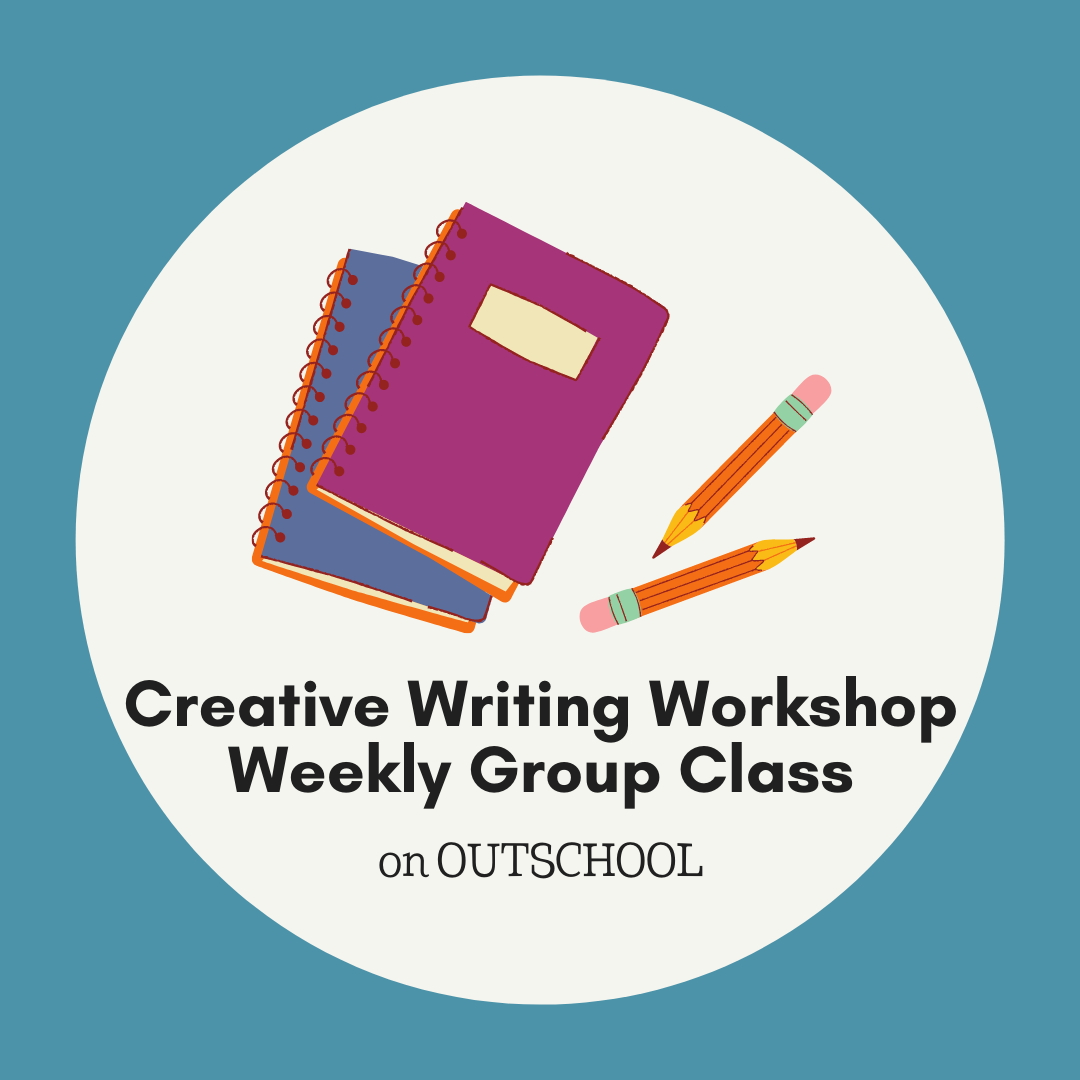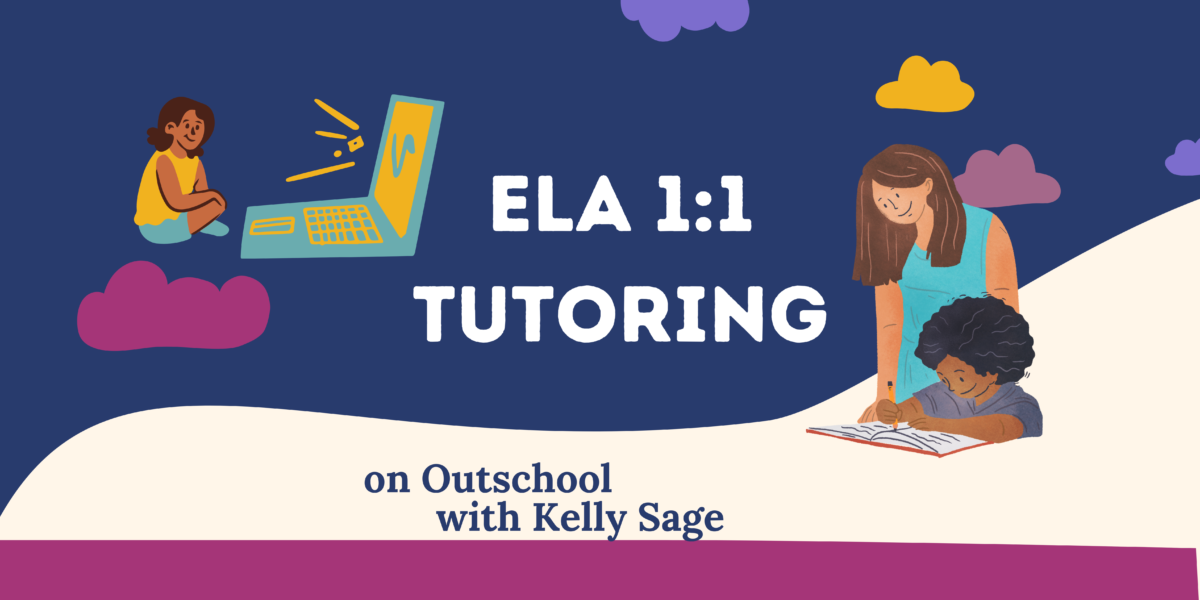Math is one of the subjects I struggled with in school. Never hands on or student centered, I was often confused or just starting to understand a concept when we were moving on to something new. When we started to homeschool, I knew I wanted my kids to have a different story with math. I didn’t want to pass on my math insecurities. I wanted them to experience math through play, take however much time they need to understand, and most of all feel confident.
We play and use math daily. We spend a lot of time cooking, building, sewing, and playing games. My son also learns math with Khan Academy. It’s the perfect blend of new skills, practice, and repetition. Much of what he’s learning, I haven’t practiced since I was in school and like I said, it didn’t sink in much back then. To help him (and help me be able to help him) we needed a resource to keep track of what he was learning.
Enter the Math Handbook.
When I taught English all of my students created and kept Writer’s Handbooks (future post, coming soon). Surely, I thought, a math handbook could function the same way.
A Math Handbook is essentially a guide my son creates as he learns.
The first page in the notebook is a table of contents. Each time he moves on to a new topic, we add the topic to the table of contents. We add the page numbers and turn to the next blank page. Then we write the topic on the blank page/s (it’s nice to keep a couple of pages for each topic) and we write down notes or formulas, and a few practice problems.
I can’t tell you how invaluable this notebook is.
He uses it a lot at first when he’s learning and practicing new skills.
He also uses it when he has to go back to the old topics he doesn’t quite remember.
Like with most things, the more my son practices, the less he needs his handbook, but it’s there when he does.
Everything he’s learned is right there, organized, and ready to help him.
Creating and keeping a math handbook is a simple practice. Once the rhythm of taking notes and using them is established, the student will have a handbook that grows with them and their knowledge. It’s one of our favorite ways to build skills and confidence, to learn and love math.
[mailmunch-form id=”544404″]
How about you? How do you help your kids love and learn math?



























Pingback: How to Help Your Children Love Math When You Don't - Curiosity Encouraged
Pingback: Choosing a Homeschool Curriculum for 4th, 5th, and 6th Graders